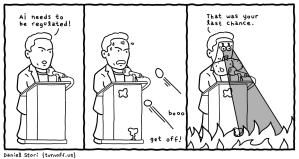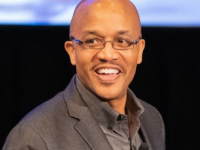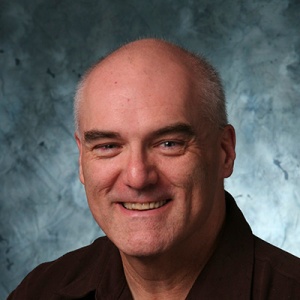Maurice, Paul, Tom, Diane with Aaron Blumberg and special guest Connie Guglielmo (CNET) T is for Training 353 on Talkshoe. Download the show from this page.
You get Maurice style notes again…
Connie’s Article on AI – AI Chatbots Are Here to Stay. Learn How They Can Work for You kicked off the show. Read it.
Topics discussed included Transparency, AI, Open vs Closed AI Systems. Most of the AI we talk about are Neural Networks within a Language Learning Model. AI’s are good for brainstorming. Garbage In and Garbage Out, or the importance of a good prompt. AI will be disruptive to copyright. Protecting IP. Useful for older information depending on the service Neural Network within Large Language Model. The chatbots can give you a hallucination as an answer. Less likely now. The EU and Bletchley Park accords. The Need for Prompt Libraries for Libraries. They are a for-profit business. Those who pay for the services can use them without the service learning from them, protecting intellectual property. Image below via CC from https://turnoff.us/

Some Links:
Robocalls in New Hampshire used Biden’s voice to tell people to stay home
Eric Adams uses AI to send out public service messages in multiple languages.
Khanamigo (Khan Academy AI)
We next record at 9 pm Eastern on February 8th. See you then!


